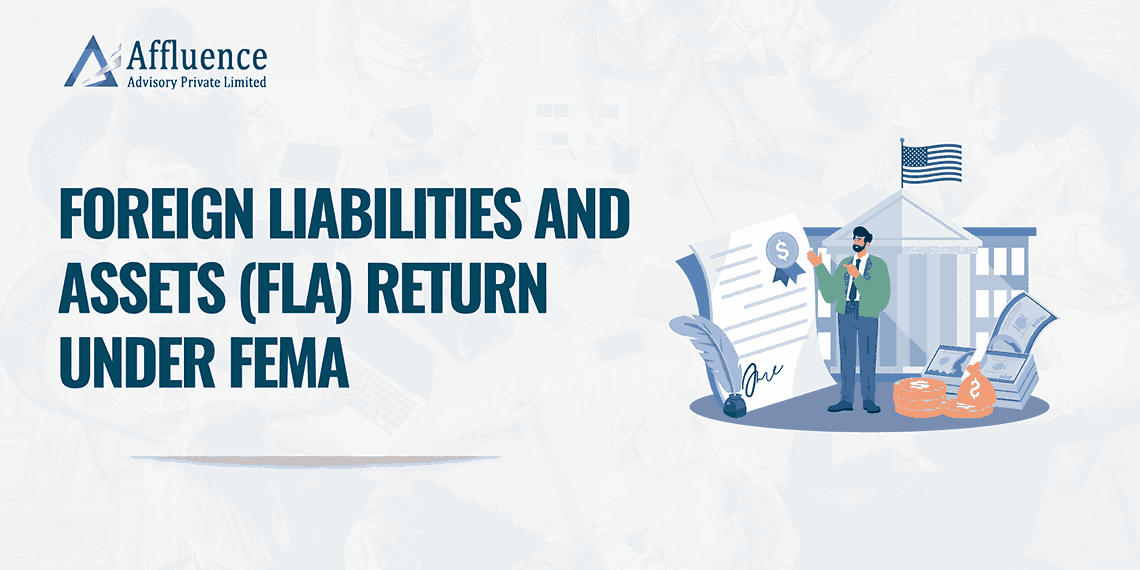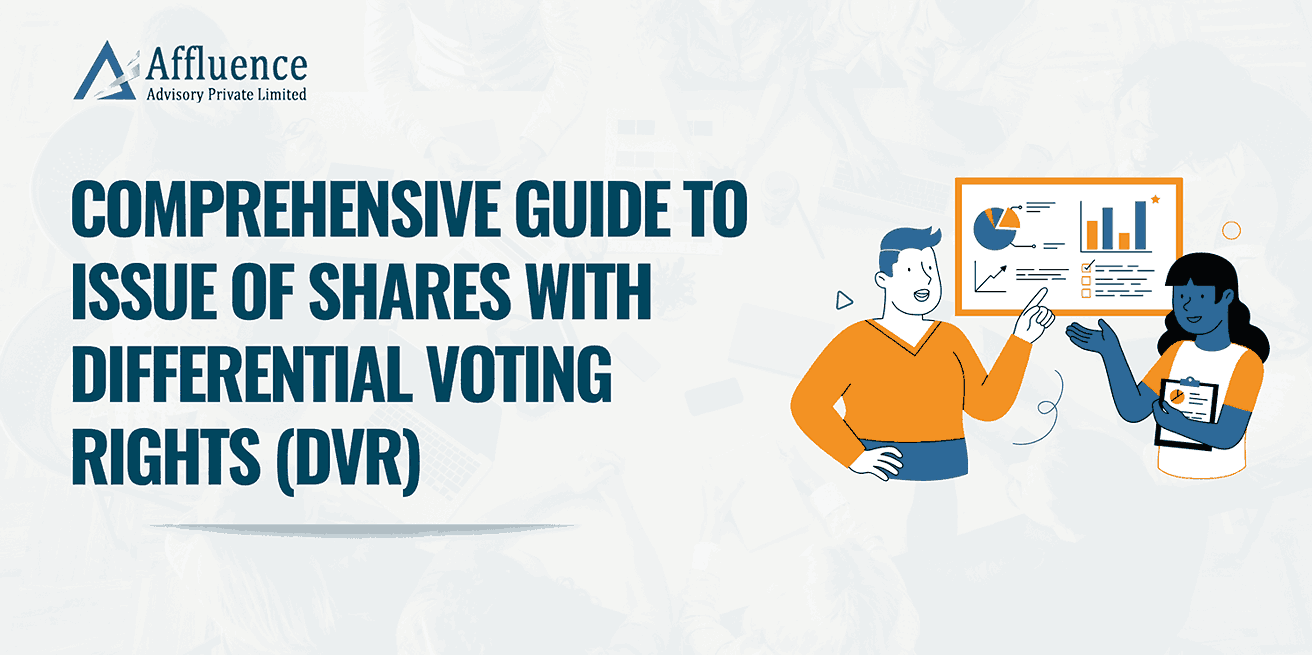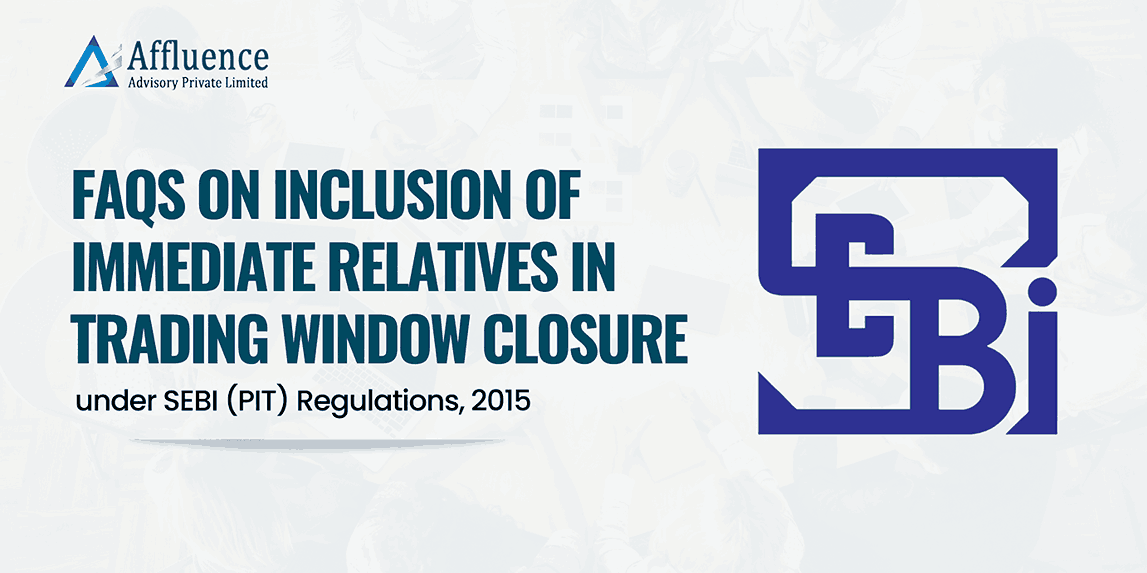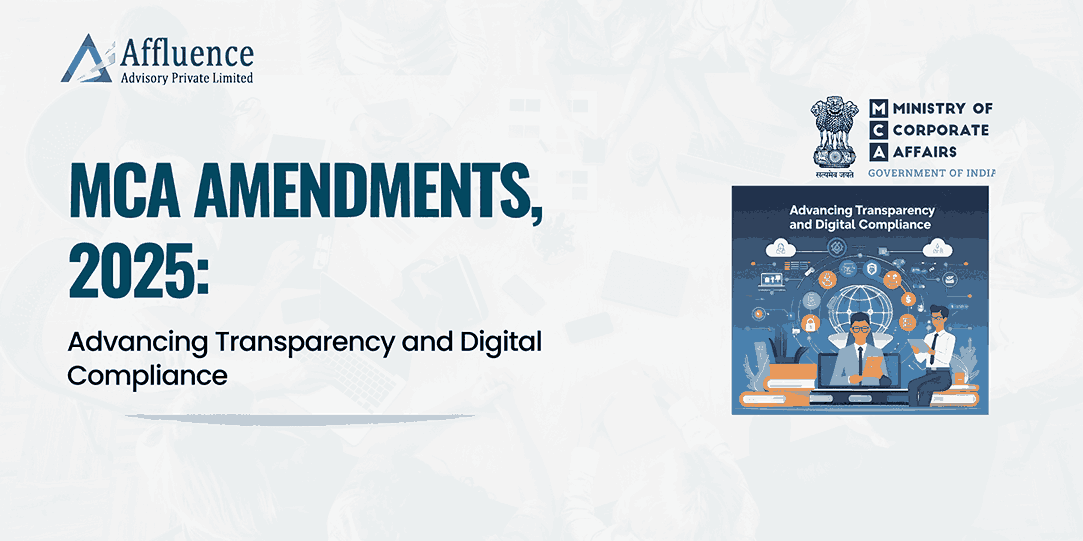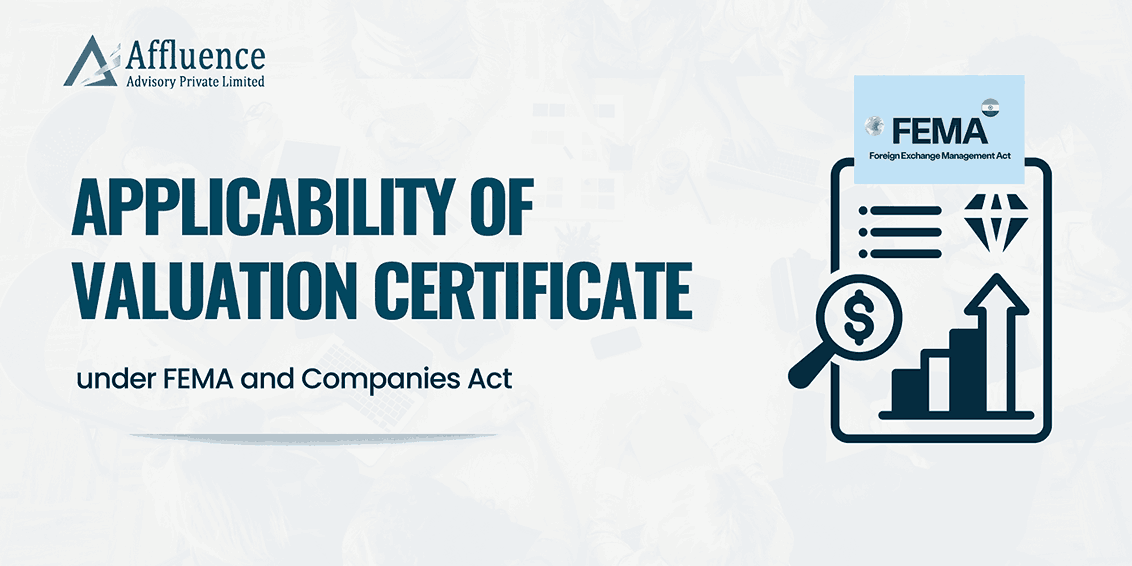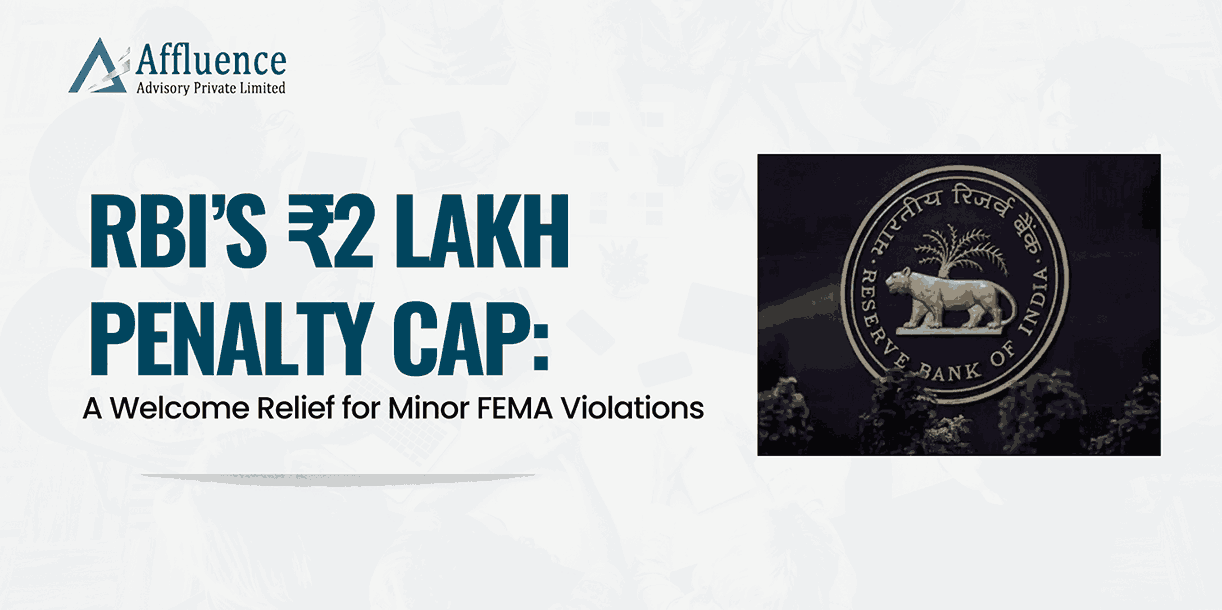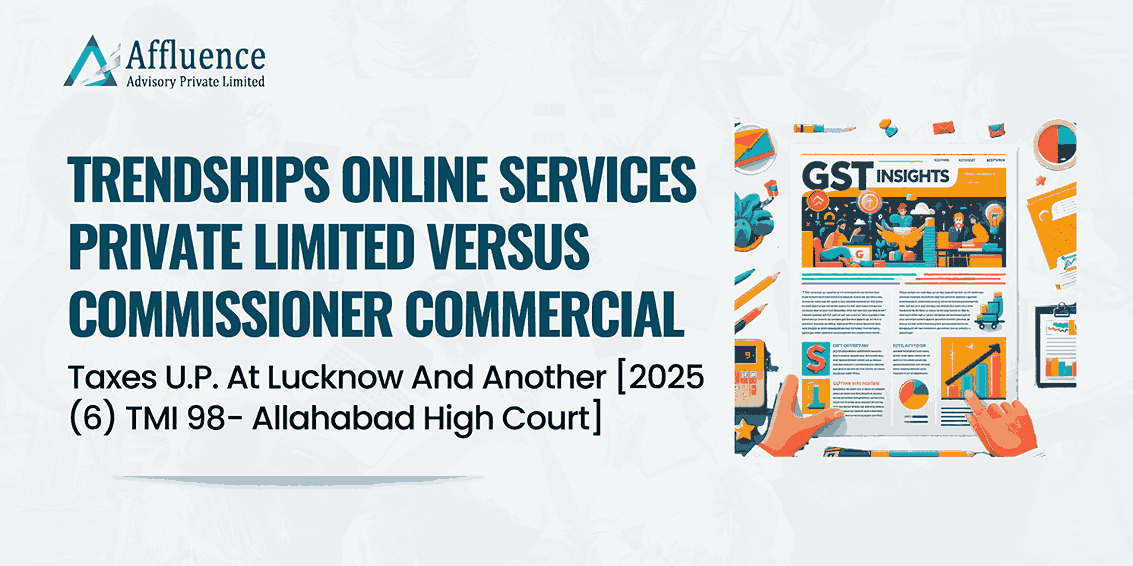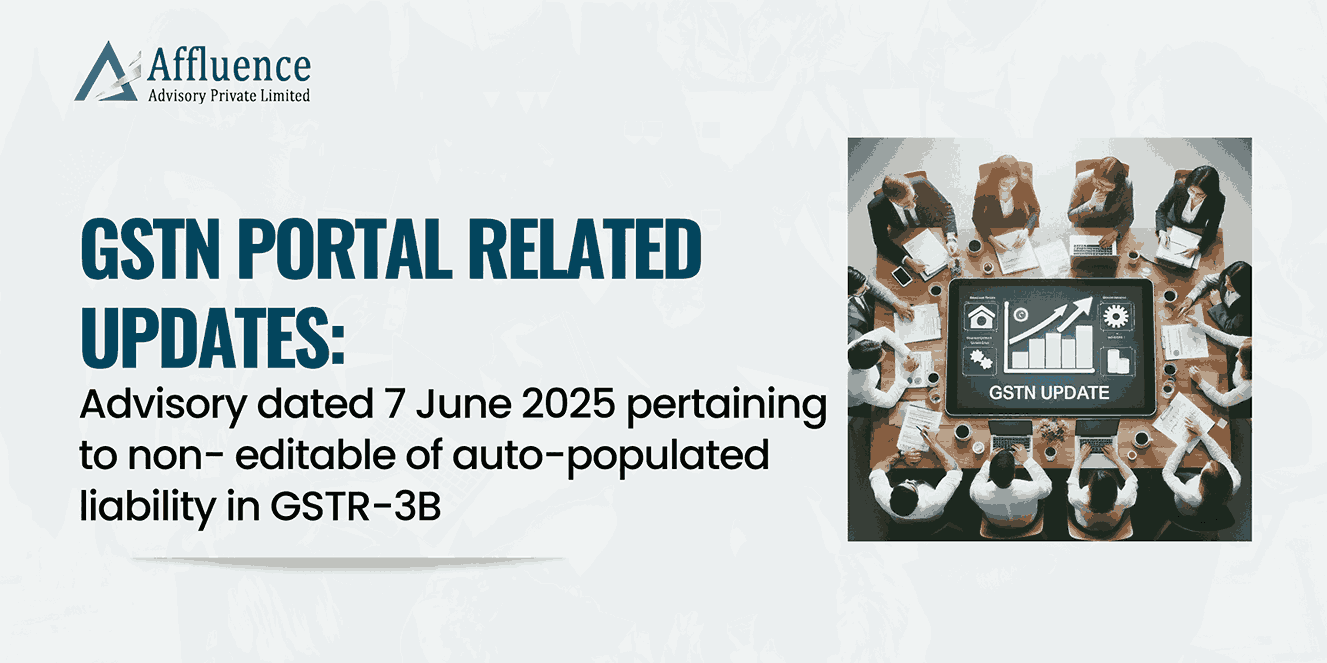In a significant move aimed at fostering the growth of India’s startup ecosystem and aligning the interests of founders with their companies, the Securities and Exchange Board of India (SEBI), vide its board meeting outcome on June 18, 2025, announced a crucial amendment to its regulations. This change allows founders, who subsequently turn promoters before their company’s Initial Public Offering (IPO), to exercise their Employee Stock Option Plans (ESOPs). This pivotal decision, detailed in the SEBI board note, marks a departure from previous norms and introduces a new era for share-based incentives in pre-IPO companies.
The Prior Scenario: Restrictions on Promoters’ ESOPs
Historically, the regulatory framework, particularly the SEBI (Share Based Employee Benefits and Sweat Equity) Regulations, 2021 (SBEB & SE Regulations), posed challenges for founders holding ESOPs as their companies geared up for an IPO. The term “employee” under these regulations explicitly excluded promoters or individuals belonging to the promoter group from receiving share-based benefits. Similarly, Section 62(1)(b) of the Companies Act, read with Rule 12 of The Companies (Share Capital and Debenture) Rules, 2014, also did not include promoters within the ambit of “employee” for such schemes.
Also Read: Startup Registration India
This created a peculiar situation for founders of fast-growing startups. As these companies matured and approached an IPO, founders, due to their significant shareholding (including vested or granted options) and control, would often be classified as “promoters” at the time of filing the Draft Red Herring Prospectus (DRHP). Under the erstwhile interpretation, this classification effectively barred such founders from exercising their granted ESOPs, whether vested or unvested, or retaining other share-based benefits. This meant founders often had to necessarily exercise their ESOPs and convert them into shares before the IPO, as promoters were not allowed to exercise ESOPs post-classification.
The Need for Change: Incentivizing Founders and Supporting Startups
The existing framework, while aiming for regulatory prudence, inadvertently created disincentives for founders, especially in new-age tech companies. In such ventures, founders’ shareholdings often get diluted with successive funding rounds. To ensure their continued long-term commitment and motivation, and crucially, to alleviate cash flow strains on the company (which might otherwise arise from enhanced managerial remuneration), investors and management frequently offer ESOPs or other share-based benefits. These equity-linked instruments align the founders’ interests with those of other shareholders and serve as performance-linked incentives to encourage them to scale their ventures.
The previous prohibition on promoters exercising ESOPs meant that a key tool for incentivizing and retaining entrepreneurial talent was significantly hampered at a critical juncture – the transition to a public company. This highlighted a clear need for regulatory review to harmonize the treatment of share-based benefits for founders who transition into promoter roles.
SEBI’s New Stance: Allowing ESOPs for Founder-Promoters with a Caveat
Recognizing these challenges and based on extensive stakeholder consultations, SEBI has now introduced a pivotal change. The board meeting outcome of June 18, 2025, explicitly allows founders who are identified as promoters in the DRHP to continue holding and exercising their granted ESOPs or other share-based benefits. This relaxation is proposed to be incorporated through a new Regulation 9A in the SBEB & SE Regulations.
The proposed Regulation 9A stipulates that an employee identified as a “promoter” or part of the “promoter group” in the draft offer document will be eligible to continue to hold and/or exercise such options, SAR, or any other benefit, provided these were granted at least one year prior to the filing of the draft offer document. This “one-year cooling-off period” is a crucial caveat, designed to prevent misuse or abuse of this new flexibility and to ensure a suitable gap between the grant of benefits and the company’s IPO decision. The date of filing the draft offer document will be reckoned as the starting point for this cooling-off period.
It is important to note that while existing ESOPs granted before the one-year cooling-off period will be permissible, the requirement of no new issuances under share-based employee benefit schemes to promoters will continue to apply. This ensures that the primary intent of ESOPs, which is to incentivize employees, remains distinct from mechanisms for promoters to increase their shareholding.
Key Implications for Startups and Promoters
This amendment carries significant positive implications for the startup ecosystem:
- Founder Incentivization and Retention: Founders can now be genuinely rewarded through share-based benefits for their long-term vision and efforts in building their startups. This provides a powerful incentive for them to remain invested and motivated post-IPO.
- Cash Flow Preservation for Startups: By allowing equity-linked remuneration, startups can conserve valuable cash, which is critical for their early and growth stages. This enables them to allocate more resources towards operations, research, and expansion.
- Alignment of Interests: The ability for founder-promoters to retain and exercise ESOPs strengthens the alignment of their interests with those of other shareholders, as their wealth creation is directly tied to the company’s market performance.
- Clarity and Ease of Doing Business: The new regulation provides much-needed clarity on the treatment of pre-IPO ESOPs for founder-promoters, streamlining the public issue process. This removes a previous ambiguity and potential hurdle in the path to going public.
- Promoter Share-Based Benefits Retention: Promoters will now be able to retain their legitimately earned stock-based benefits, subject to the one-year cooling-off period and existing lock-in provisions that apply to promoter shareholding post-IPO.
Planning for the Future: Granting, Vesting, and Exercise
The new norms necessitate a re-evaluation and careful curation of promoter share-based benefit plans. Companies planning an IPO will need to strategically align the granting, vesting, and exercise schedules of ESOPs with their IPO timelines. The one-year cooling-off period before the DRHP filing date will be a critical factor in designing future ESOP grants for individuals who are likely to be classified as promoters. This means that any ESOPs intended for founder-promoters that are to be exercised post-IPO must be granted well in advance of the company’s public offering aspirations.
What has not changed?
Once a start-up company gets listed, its promoters will not get new ESOPs. They will remain banned for ESOPs. Also, if the share-based benefits are not granted as per the conditions specified by SEBI, promoters will not be allowed to have shares based on these share-based benefit plans.
What SEBI has allowed is allowing exercise of ESOP by Founders who turn Promoters when these new ages start-up companies plan their market debut.
Conclusion
SEBI’s decision to permit founders, who become promoters, to exercise their pre-IPO ESOPs is a forward-thinking and pragmatic reform. It acknowledges the unique dynamics of startup growth and the vital role founders play in value creation. By allowing founders to benefit from the equity they helped build; while incorporating a sensible cooling-off period, SEBI has effectively addressed a long-standing challenge. This move is poised to further invigorate the Indian startup ecosystem, fostering greater innovation, incentivizing long-term commitment, and ultimately, contributing to a more robust and equitable capital market.
Disclaimer:This article provides general information existing at the time of preparation and we take no responsibility to update it with the subsequent changes in the law. The article is intended as a news update and Affluence Advisory neither assumes nor accepts any responsibility for any loss arising to any person acting or refraining from acting as a result of any material contained in this article. It is recommended that professional advice be taken based on specific facts and circumstances. This article does not substitute the need to refer to the original pronouncement.


